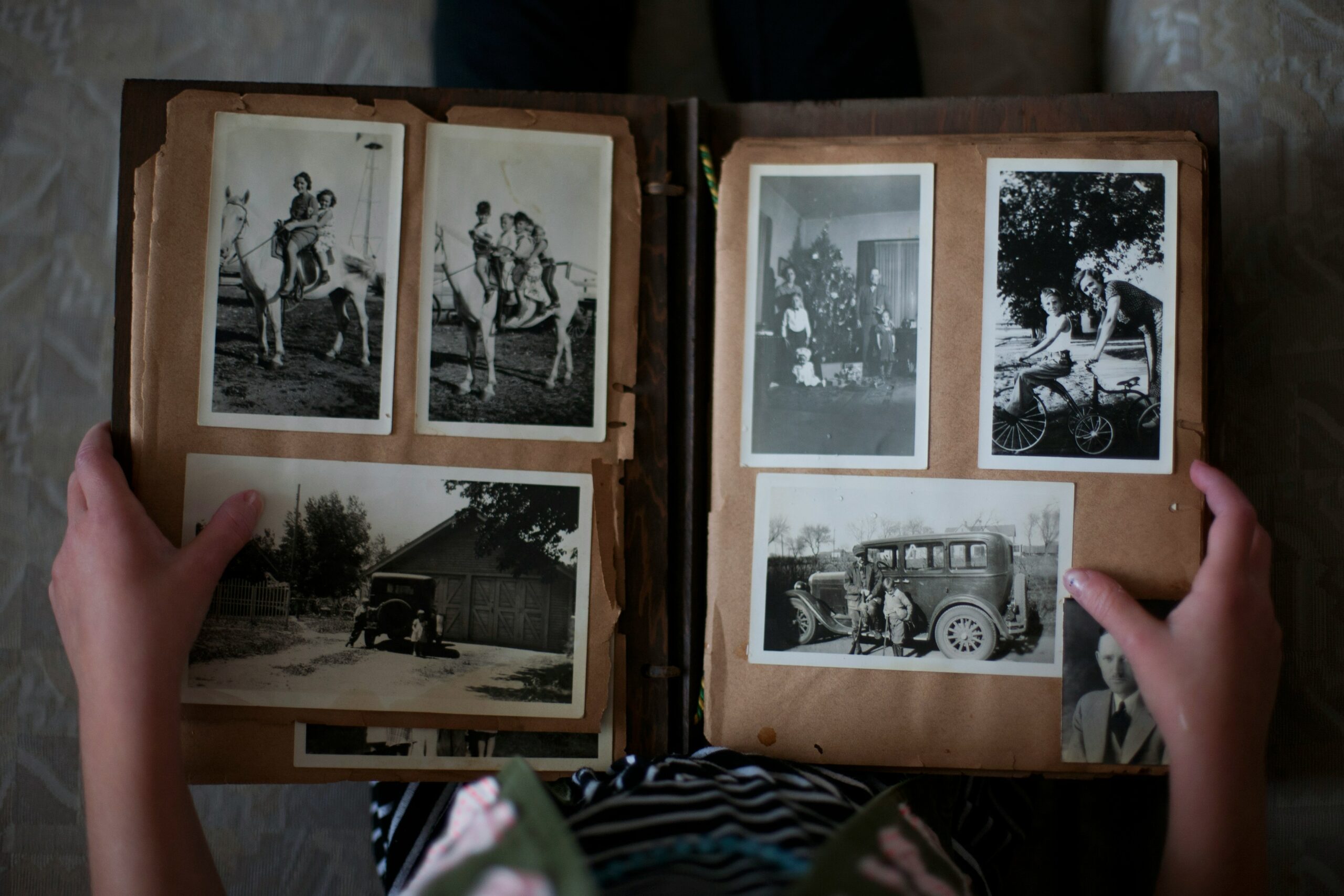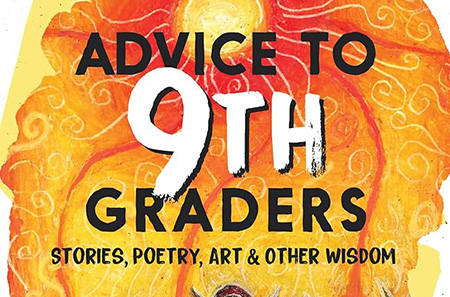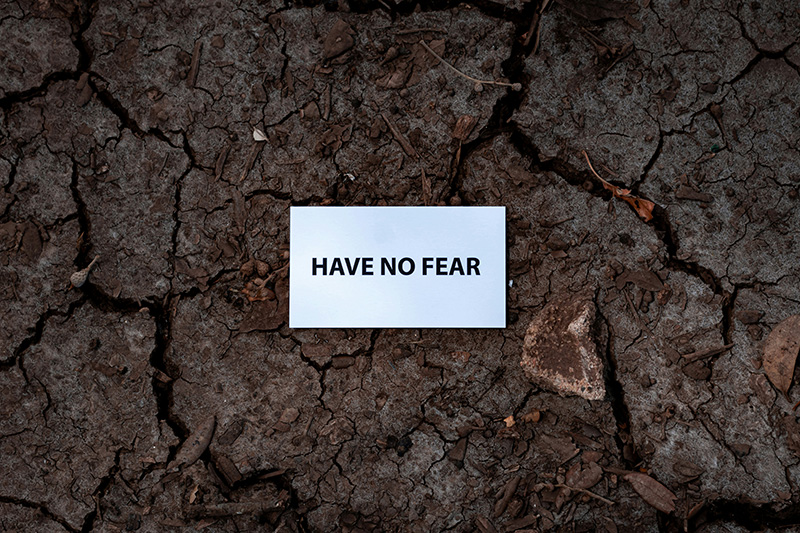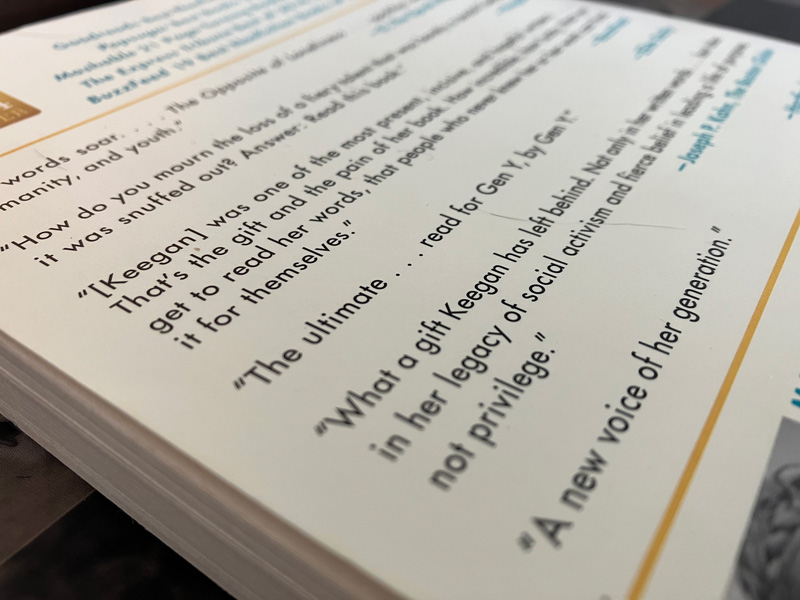
Is a Writers’ Group for Me?
Learn 10 tips that can help you find or form a writers' group that is more likely to meet your needs and expectations.

Learn 10 tips that can help you find or form a writers' group that is more likely to meet your needs and expectations.

Whether you choose to fictionalize your past or write about it as memoir, write in the narrative form that feels right for you. Here's how to decide which that might be.

Frustrated with your writing? Not sure how to move forward? You may need a writing coach!

A new book edited by Amy Friedman offers advice written by and for teens.

Afraid to write your memoir? Here are the most common fears — and how to overcome them to tell your story.

Writers looking for a book editor can learn a lot from the documentary "Turn Every Page," about Robert Caro and Robert Gottlieb.

Learn how to research hybrid publishers and what questions to ask before you sign a contract.

AI is a promising tool for writers. But before you ask a chatbot to assist in writing your book, there are dicey issues you’d be wise to consider first.

If you need help navigating a novel or structuring a memoir, or simply need encouragement, consider working with a writing coach.

Learn where to look for a ghostwriter and what to ask during the interview process to ensure the perfect fit with your project.

Although writers often confuse blurbs, reviews, and testimonials, there is a difference, especially in how they are acquired.

Where should you look for blurbers? Here's some places to start, based on genre.